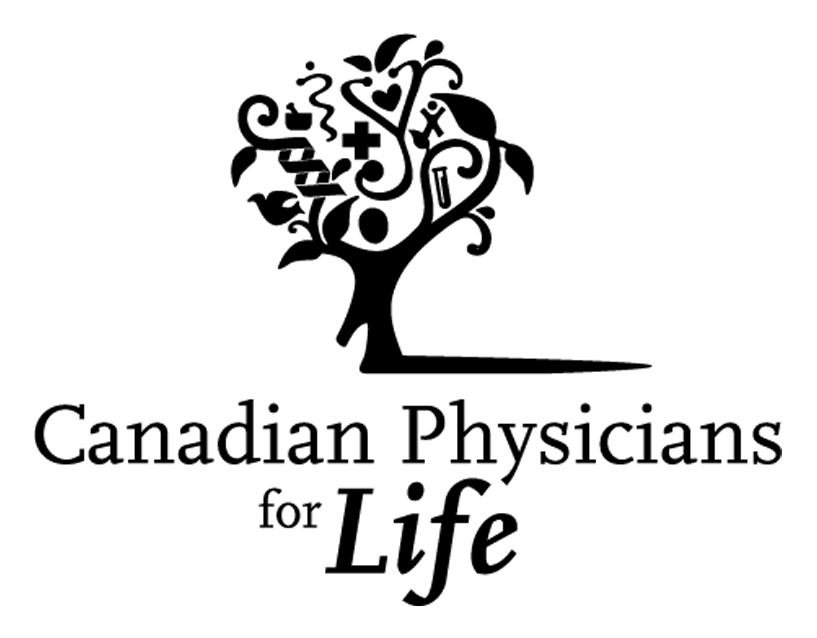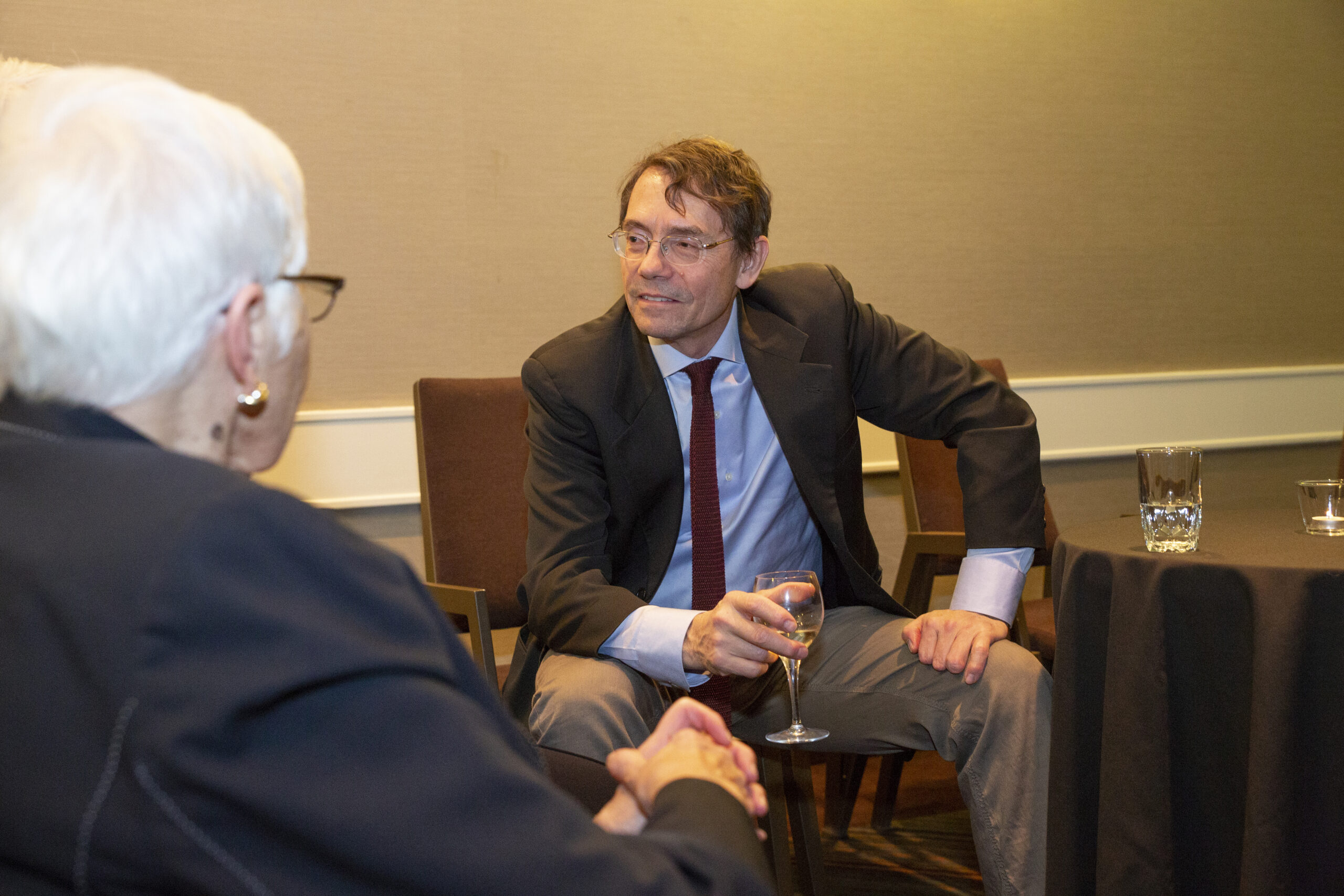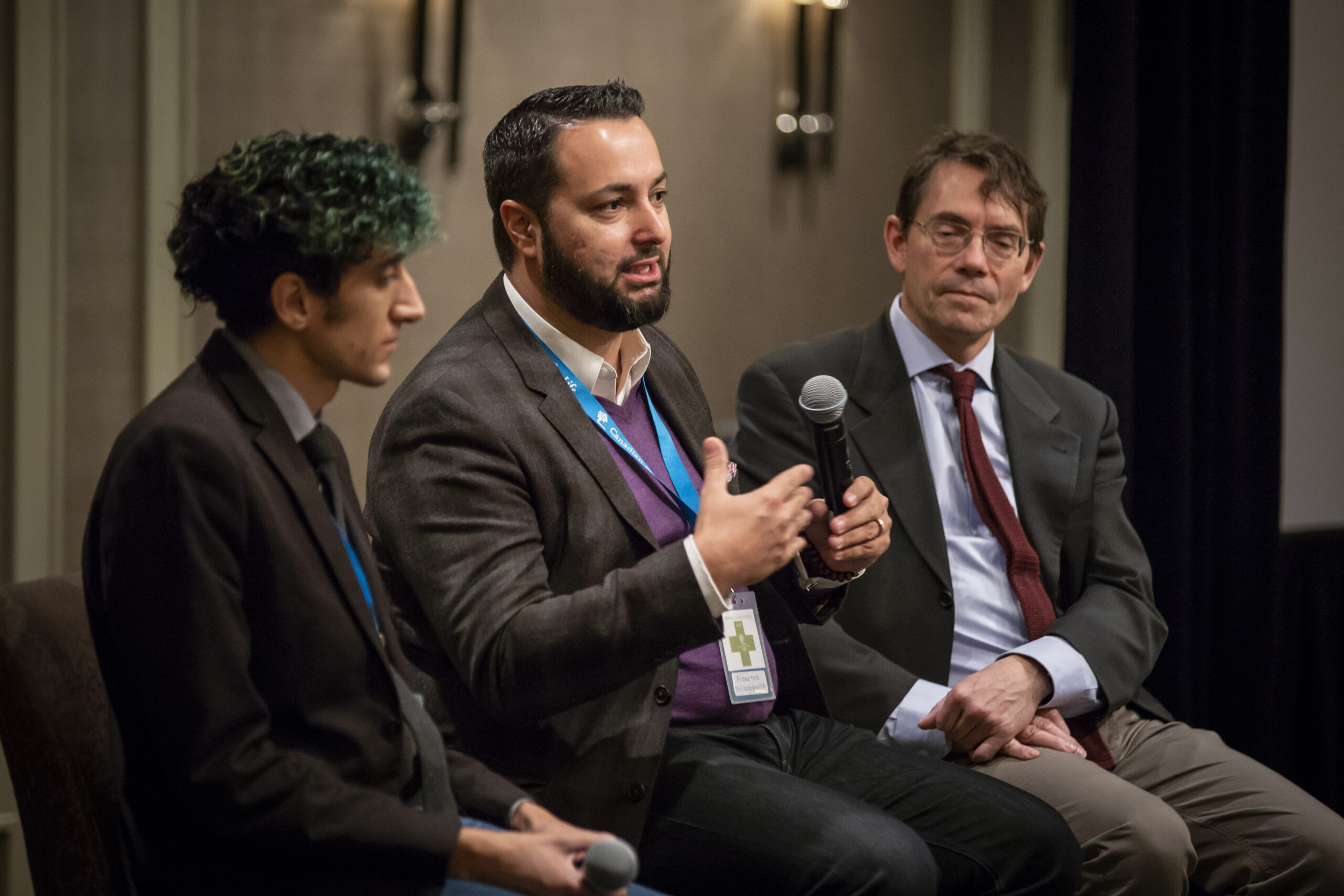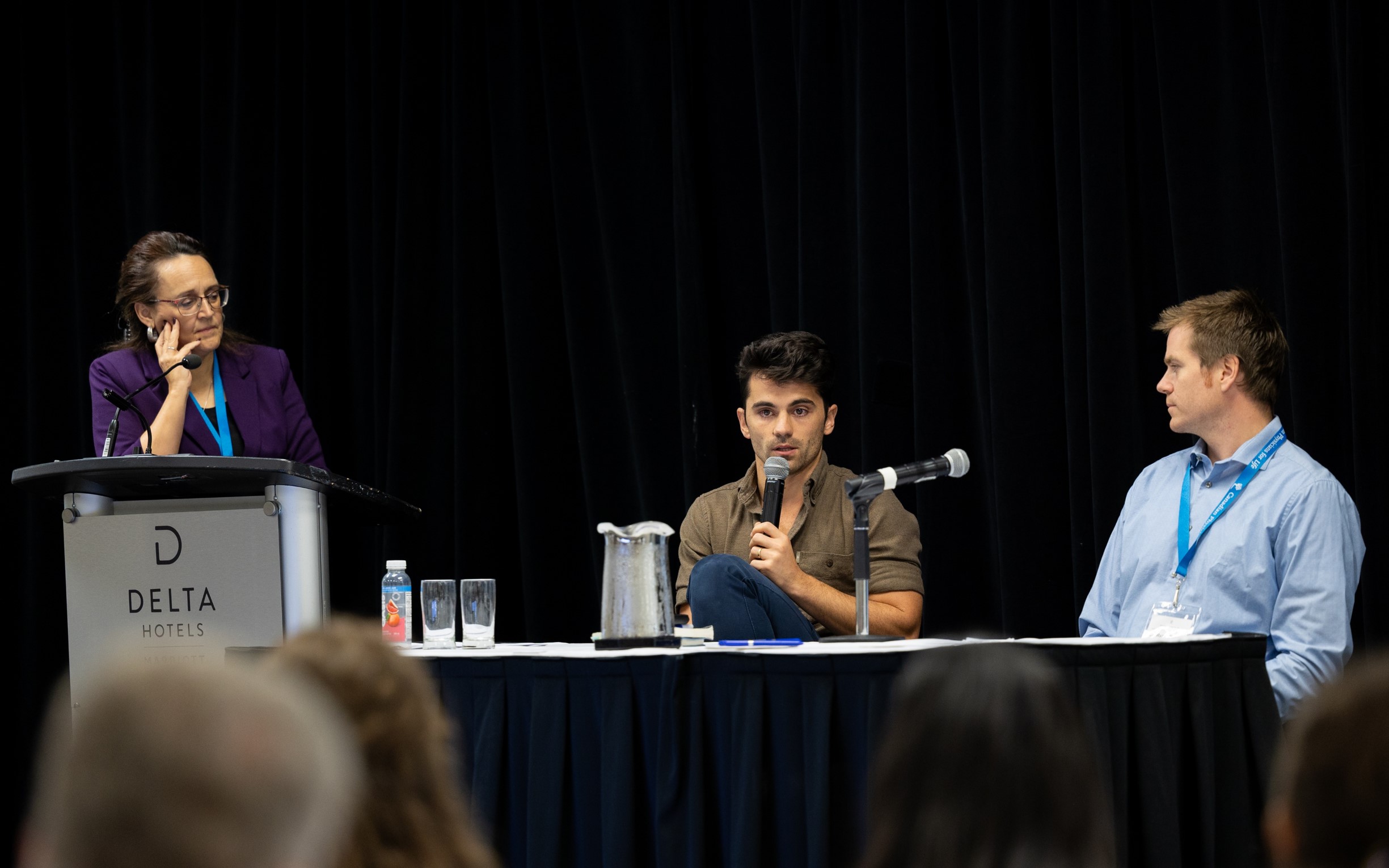
Mark Penninga, Special to National Post | January 27, 2014
The euthanasia debate will come to a climax in the coming year, as the Supreme Court of Canada has agreed to hear an appeal of the Carter case from the B.C. Court of Appeal.
It was a little over 20 years ago that the Supreme Court first visited this issue, with the case of Sue Rodriguez, who pleaded with Canadians and the Court for the right to a doctor-assisted death to end her suffering from Lou Gehrig’s Disease.
In the Rodriguez decision, just five of the nine justices upheld the Criminal Code sanction against assisted suicide. Twenty years later we have different judges, but the very same issue. Central to their decision will be how the justices define human dignity. The answers they provide to what makes human life valuable will impact far more than Canada’s laws on assisted suicide and euthanasia. It will go to the heart of how we, as a nation, understand and value human life and human rights.
A careful read of the Rodriguez decision shows that the justices understood the word dignity to mean almost the same thing as individual autonomy — the right to decide for ourselves how to live. They agreed with Sue Rodgriguez that her disease was eroding her dignity. Yet the Court realized that defining dignity this way does not make euthanasia and assisted suicide a right. The majority ruled that choice is not an absolute principle. Writing for the majority, Justice Sopinka went so far as to point to the “deeply rooted belief in our society that human life is sacred” as a basis to deny a right to state-sanctioned suicide.
Seeing the concept of “sanctity” challenge the concept of “dignity” can be rather confusing in society that sometimes uses these words interchangeably when talking about the value of human life. The reason for the battle of words can be traced in part to the Morgentaler decision that struck down our previous laws regarding abortion, in which the Court defined dignity as the ability to live according to our choices. With that understanding of dignity, abortion is justified as an expression of human dignity.
As a result, in Rodriguez, since the Court wanted to put restrictions on choice, it can no longer use the language of dignity. So the Court needed to look elsewhere to ground its belief that human life cannot be marginalized as a result of a choice to end it. “Sanctity” was the answer. It is striking that the principle of sanctity is never used elsewhere by the Court in this way. It was a one-time bailout.
The problem with the Court’s continued use of dignity is that it risks marginalizing all individuals and groups who are not capable of living in accordance with their choices. The preborn, disabled and elderly are the first to feel the effects of this because of their dependence on others. The Court is implicitly telling them that they lack dignity because they can’t fulfill their own choices. In other words, simply being human in itself does not give someone dignity. More is needed.
Taking this one step further, by removing the objective foundation from human dignity, the Court has weakened the basis for all human rights. Rights are absolute only if they belong to all humans. Since human dignity is understood as the basis for human rights, restricting dignity to those who can exercise their own choices means that the basic right of humans which do not possess dignity is questioned or ignored. As a result, human rights only belong to those whom we decide measure up to our subjective standards. That explains why, when we look at Belgium and Holland, euthanasia started with those who asked for an end to their suffering but now also includes children, who are not even legally capable of making this choice.
What Canada needs, but should not expect, is for the Court to change its understanding of dignity and ground it on something far more objective than feelings of self-worth.
Source: National Post
Mark Penninga is the executive director of the Association for Reformed Political Action (ARPA) Canada and completed a master’s thesis and book on the topic of human dignity in Canadian law and society.
You Might Also Like
Follow US:




